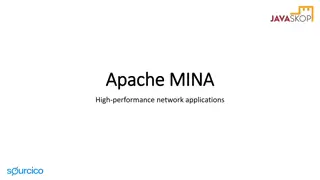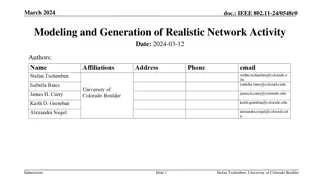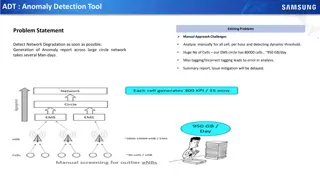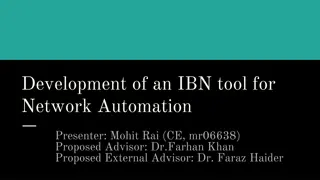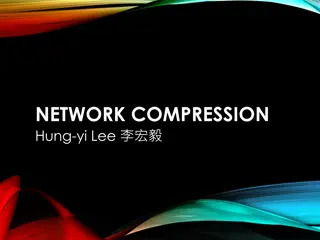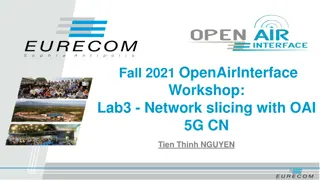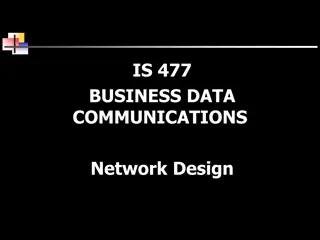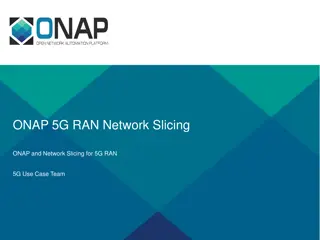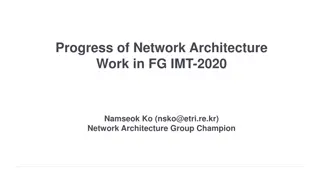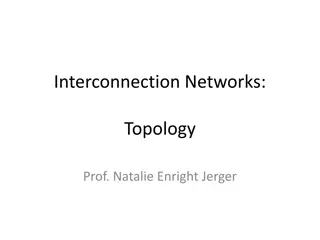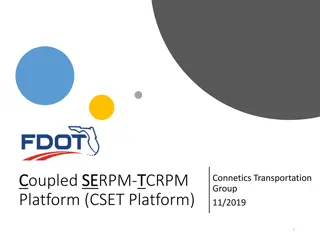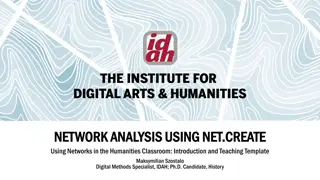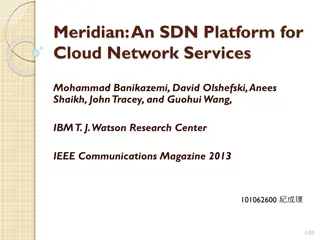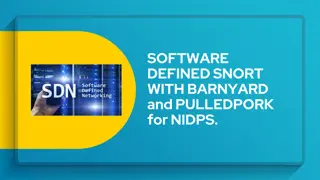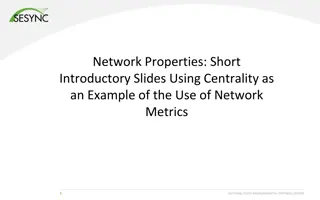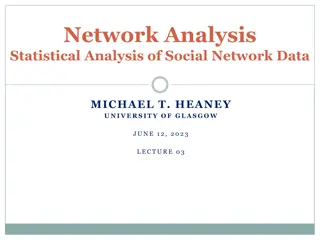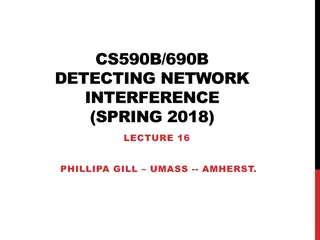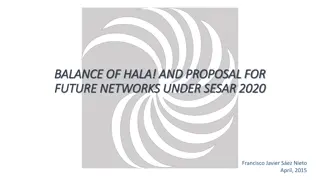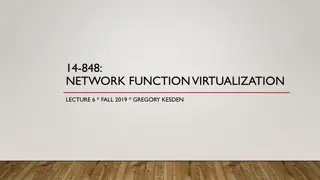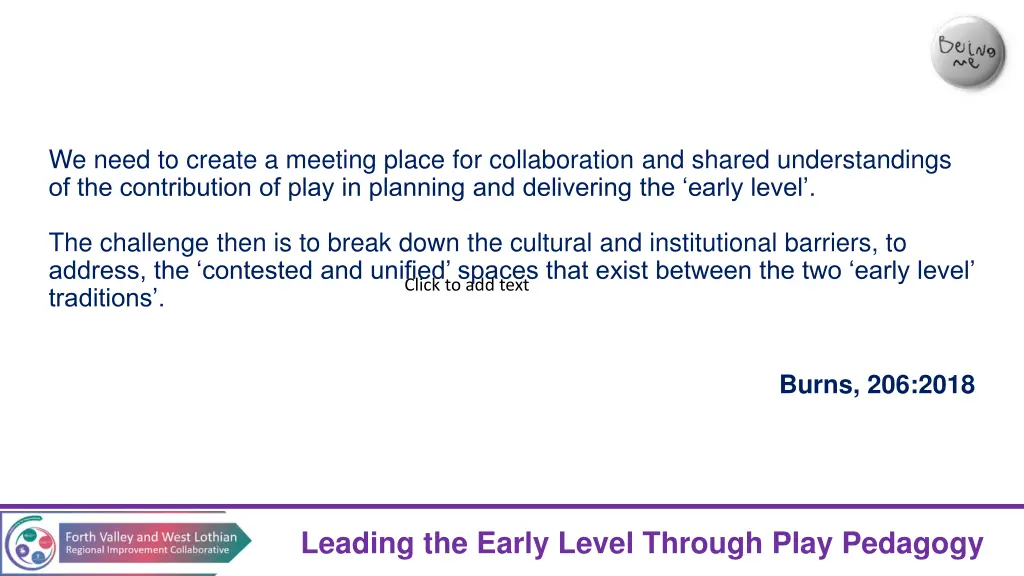
Facilitating Collaboration for Early Level Education Through Play Pedagogy
Explore the challenges in bridging cultural and institutional gaps between early level traditions for effective education planning and delivery, emphasizing the role of play. Uncover strategies to enhance practitioner capabilities, align theory with practice, and address socioeconomic challenges while embracing children's unique developmental needs.
Uploaded on | 0 Views
Download Presentation

Please find below an Image/Link to download the presentation.
The content on the website is provided AS IS for your information and personal use only. It may not be sold, licensed, or shared on other websites without obtaining consent from the author. If you encounter any issues during the download, it is possible that the publisher has removed the file from their server.
You are allowed to download the files provided on this website for personal or commercial use, subject to the condition that they are used lawfully. All files are the property of their respective owners.
The content on the website is provided AS IS for your information and personal use only. It may not be sold, licensed, or shared on other websites without obtaining consent from the author.
E N D
Presentation Transcript
We need to create a meeting place for collaboration and shared understandings of the contribution of play in planning and delivering the early level . The challenge then is to break down the cultural and institutional barriers, to address, the contested and unified spaces that exist between the two early level traditions . Click to add text Burns, 206:2018 Leading the Early Level Through Play Pedagogy
My Home Group.. Who am I 2 mins each My big thought so far Why am I here Leading the Early Level Through Play Pedagogy
Dr. Marion Burns Session 1 - Summary The refreshed narrative for Curriculum for Excellence places learners at the heart of their education. Fundamental to the refreshed narrative is the focus on the four capacities. From a very early age children are capable of leading their own learning. As pedagogical leaders, it is our responsibility to recognise this and give children opportunities to influence how and what they want to learn. We have a responsibility to equip our children with the skills, attributes and dispositions for a future in an ever changing world. To future proof our curriculum, we need connected, curious and creative learners. Leading the Early Level Through Play Pedagogy
Dr. Marion Burns Session 1 - Summary 1. How do you / can you build confidence and capability of all practitioners and teachers who work with children and families to leadthe implementation of the early level ? 2. What links do you / can you make between practice, theory and national guidance to ensure continuity and progression in children s learning across the early level ? 3. How are you / or How will you build capacity in practitioners and teachers to fulfil the critical role they play in responding to the socioeconomic challenges facing children and their families? 4. Considering the points above do you need to rethink your image of the child and their surrounding culture? How are you going to involve staff in this process ? Leading the Early Level Through Play Pedagogy
We will always be doing the right thing if we are aware of each childs development and are providing interaction and opportunities that match the needs of each child. Realising the Ambition, page 23 Leading the Early Level Through Play Pedagogy
James McTaggart Session 2 - Summary Knowledge of child development is important but more important is to ask: is it happening; is it important to the child; and, so is it important to us. Mind mindedness comprises: the image of the child (what they think & feel); and, attunement (what do their words and responses tell us about their ideas, thoughts, feelings, plans and questions). Early mind minded care and support can help mitigate early adversity and trauma. If you ask it about a child, but not a washing machine, it is probably a mind minded question. Rather than asking: what will engage children, ask what will interest them. Children have a lot of prior knowledge and need support from peers and adults to build new prior knowledge. Leading the Early Level Through Play Pedagogy
James McTaggart Session 2 - Provocations Agree? Disagree? 1. Attachment and comfort are all about kindness and comfort. 2. Young children learn best when they follow their own interest. 3. Young children learn best outdoors in the natural world, or playing with natural materials. 4. The early years provide the vital foundation for alter learning and wellbeing. Leading the Early Level Through Play Pedagogy

